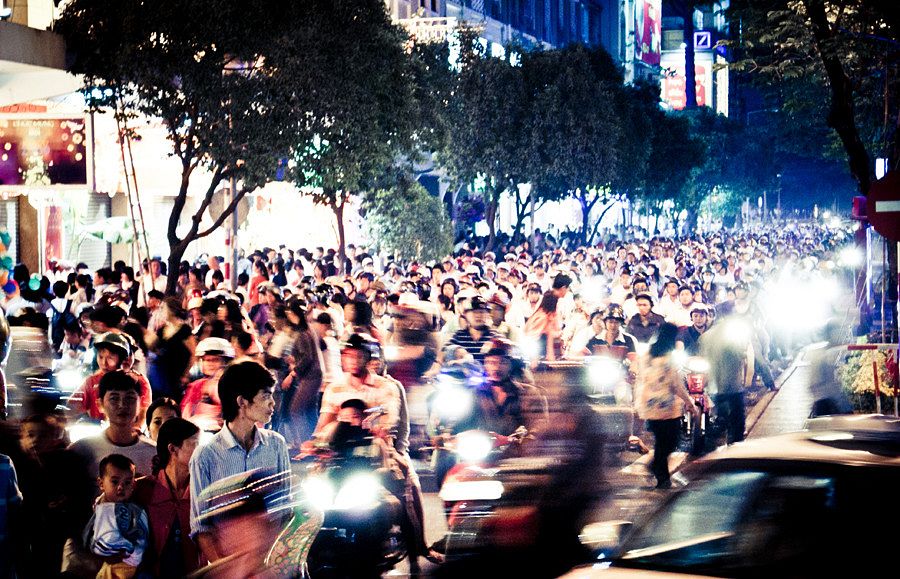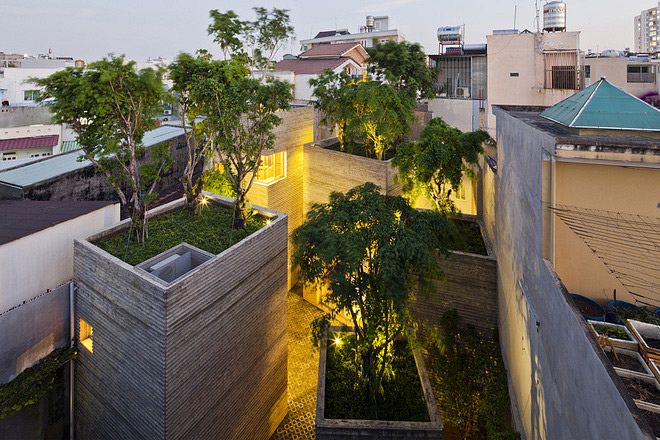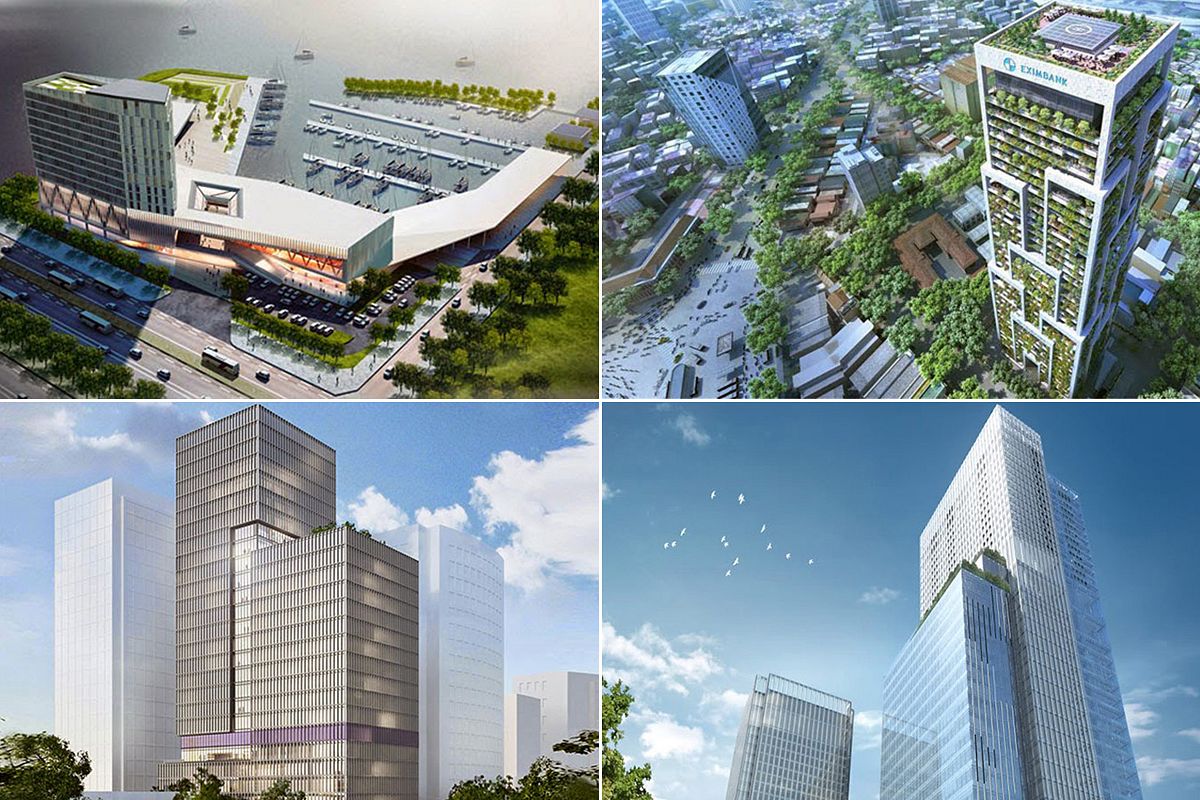Vietnam’s worsening traffic and air quality and are no secrets and these problems are likely to get much worse before they get better. Faced with this reality, Vietnam is exploring ways to combat these serious public health challenges, but most solutions are unclear at best, according to Voice of America.
Reducing the number of vehicles on the road at any given time should be the main focus of traffic reform, said experts. Nearly 14,000 Vietnamese die each year in traffic accidents, putting the country in the global top-10 for road-related deaths according to Bloomberg Philanthropies.
And the Ministry of Transportation seems to be heeding that advice – it has looked at restricting car access to downtown areas, building more sidewalks, investing in electric vehicles, and changing some school and work hours. Things have gotten so bad that officials have even pondered motorbike bans in Vietnam's cities.
Schedule changes have already been adopted in Hanoi where schools let out before or after rush hour to ease road congestion.
Experts such as transportation consultant, Trinh Van Chinh, viewed these changes as “inconvenient but necessary,” and planners hope the policy will curb traffic accidents by as much as 10% and traffic jams by 30%.
Akira Hosomi, who is helping Vietnam build a metro system through the Japan International Consultants for Transportation, pointed to Singapore which runs a successful program that charges commuters less during non-peak hours.
The metro which is currently under construction should help (whenever it’s finished) and the Transport Ministry is pushing the use of city busses, but both will require a paradigm shift among Vietnamese who are very attached to their motorbikes.
On the heath side, beyond the issues involved with driving a motorbike (such as breathing in the fumes from the bus you’re stuck behind), Hosomi pointed to low-quality fuel and an increase in 4-wheeled vehicles. The latter being of particular importance since auto fees have already been halved this year and starting in 2018, under a new ASEAN trade deal, Vietnam will eliminate import duties on cars from these nations (in which many global auto manufacturers have massive production facilities).
Not surprisingly, auto industry representatives quickly played off these concerns. Horst Herdtle, CEO of Euro Auto, which imports BMWs into Vietnam said that his cars are held to such strict European emission standards, that “probably a water buffalo emits more harmful substances than a passenger car.”
We’d like to see that research…
Some suggest that “mass-media” campaigns could help turn the tide of public consciousness on safety and the environment as they've been successful in the past – according to the World Health Organization, a campaign requiring motorbike drivers to wear helmets yielded a 90% compliance rate.
While it looks like there’s light at the end of the tunnel as far as safety is concerned, in Vietnam development still trumps the environment. Perhaps masquerading environmental issues as safety issues is the best way to effect change on an official level but it won’t do much for a lasting, environment-focused public consciousness.
[VoA]














